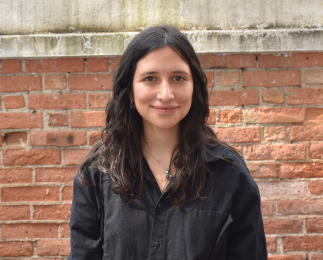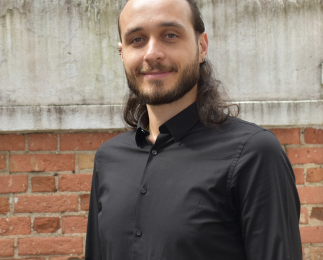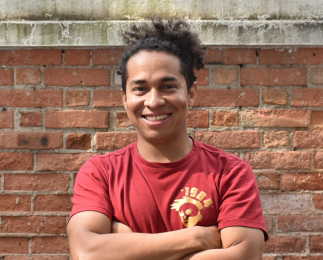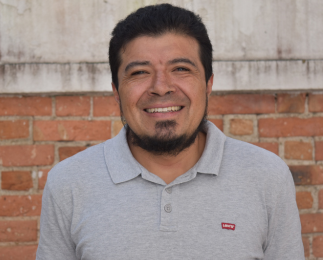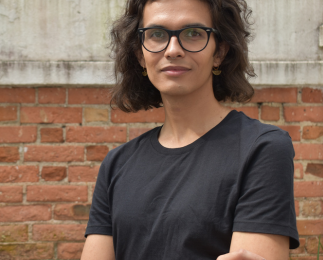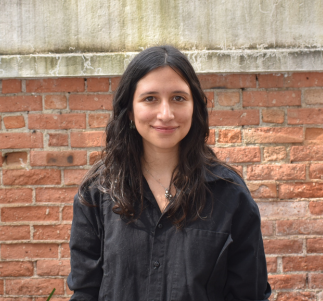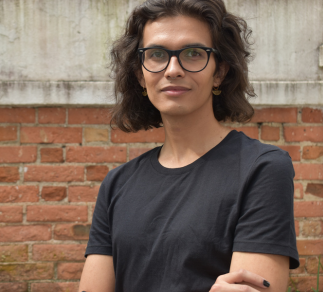Isabela Maia Pereira de Jesus holds an undergraduate degree in languages and literature from Universidade Estadual Paulista /FCLAr (2017), focusing on Portuguese, Latin, and German. She also earned a master’s degree in literary studies from the same institution in 2020, specializing in the poetics of late Latin Antiquity. Currently, she is a doctoral candidate at the UzK, affiliated with the a.r.t.e.s. Graduate School for the Humanities Cologne and the Luso-Brazilian Institute of the UzK, focusing on Brazilian studies in romance philology. Her research interests include the representation of subjectivities in literature, as well as the political and social critical dimensions of literature and its role in contemporary times.
The Construction of Subjectivities and the Mythopoetic in A obscena senhora D by Hilda Hilst and O manto da noite by Carola Saavedra
This doctoral project examines Hilda Hilst’s A obscena senhora D (1982) and Carola Saavedra’s O manto da noite (2022). Through comparative analysis, we focus on the construction of subjectivities and identities, as well as the mythopoetic aspects, by observing the authors’ language and narrative strategies. We structure the research around three main sections. First, we examine the construction of characters’ subjectivities and identities. In both works, characters’ identities fragment into human and non-human forms, undergoing various metamorphoses and transformations. These characters exist in turbulent, chaotic contexts and possess fluid identities. We primarily analyse how the narratives conceive subjectivities through a decentralizing use of language. The decentralized narrators reflect the fluidity of the characters’ identities in both Hilst’s and Saavedra’s novels. In the second stage of the research, we delve into narrative techniques that express a decentralization and transgression of the narrator figure, as both novels employ a polyphonic narrative focus. This multitude of voices that compose the narrative focus, along with the dissolution of the narrator’s identity, begins to affect the text itself. In this sense, we observe the coexistence and blending of literary genre boundaries in both books so that the body of the text also experiences the constant movement of its characters. Finally, we investigate the transformation and reinterpretation of traditional myths to transcend and question the Western cultural imaginary. Saavedra revisits colonial myths by exploring historical moments of the colonization of Brazil and South America, seeking to reconstruct, in a certain way, the cosmologies of the indigenous peoples that were destroyed and forgotten by the violence of the colonial past. At the same time, Hilst highlights the impasse between the human and the divine, between life and death, in a way that seems to revisit and contradict aspects of Christian fundamentals, particularly the idea of an omnipresent God who possesses a single truth, to confront the paternalism present in the Western world. Overall, our main objective is to investigate how Hilst and Saavedra, each in their own way, address issues of identity construction and confront dominant thoughts through the transcendence and radicalization of traditional literary forms of the novel.
